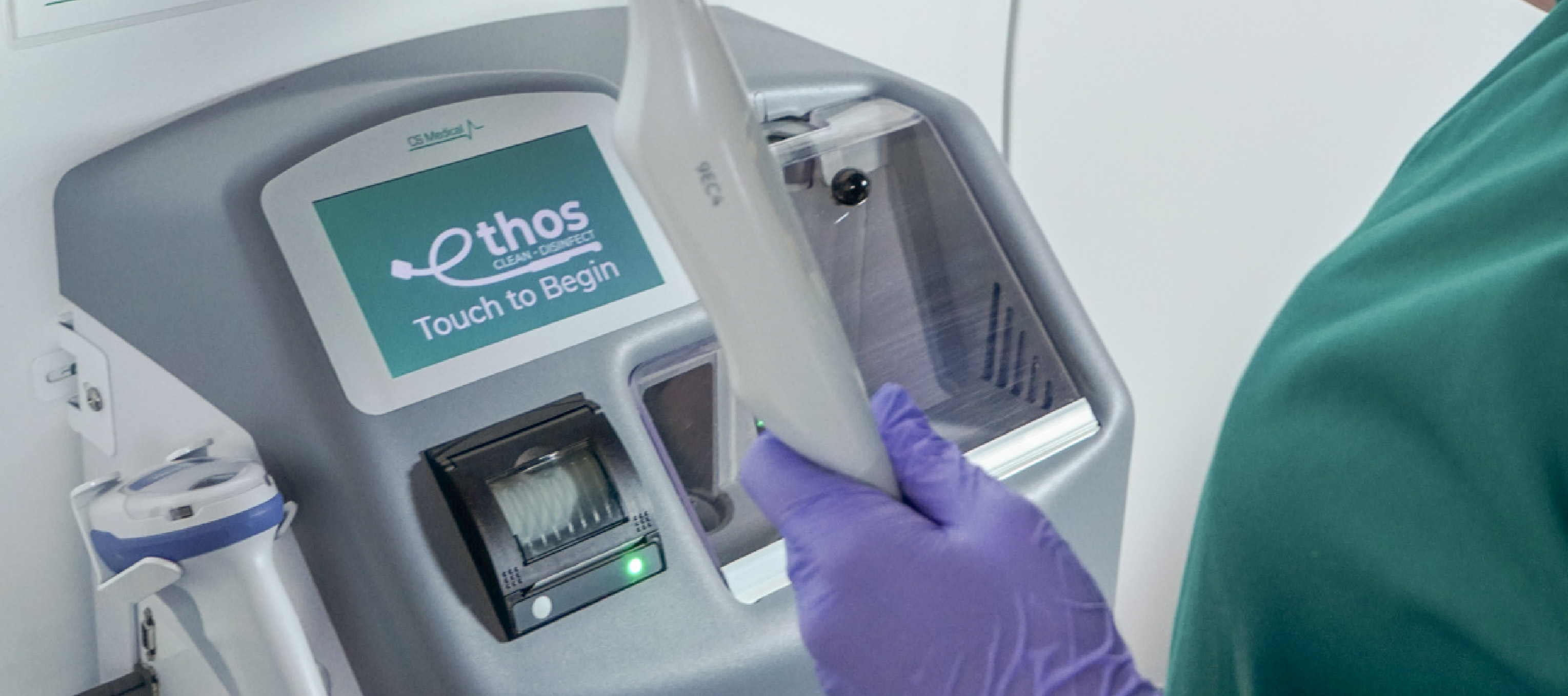After working in the same field for years, you become an expert on all things related to your work. You know the ins and outs of the daily routines and what to do in just about every possible circumstance. New staff approaches you when they aren't sure about what to do and people respect your opinion. As a result, continuing education (CE) can feel like a burden at best and a total waste of time at worst. To be honest, earning CE credits sometimes feels like a pointless requirement by the state or your facility that should only be necessary for newcomers to the field.
Despite all the negative feelings surrounding CE, it is actually not a waste and certainly not pointless. CE is very important, even for those who have been in the field for decades.
What is CE?
CE (continuing education) credits are earned through classes or other modes of education and are often required for professionals to maintain licensing or certification in their field. Though CE requirements vary from state to state for healthcare professionals, they are essential in ensuring professionals stay up to date on best practices and recent developments.
Benefits of CE
Of course, CE credits are vital to maintaining your licensing and certifications, but that's not the best reason for getting involved in CE programs.
By investing time in CE, you can improve your skills and learn a lot. Even if you have been in your field for a long time, there is always more to learn and more growth to be had. CE makes the difference between good practices and best practices. As the medical industry continues to evolve and change, CE programs help keep you in the know on the latest information, techniques, and methods for your area of medicine. This, in turn, results in better outcomes for the patients in your care and that is what is most important. CE makes you better prepared to deal with anything your next patient might throw at you.
On a personal level, CE is very useful for maintaining and expanding your professional horizons. CE credits can be listed on a resume to improve marketability and signal to prospective employers that you are up to date with all the latest information in your field and that you're a valuable asset. Obtaining CE credits also offers you opportunities to network with other professionals in your field. Events and conferences that offer CE credits are great places to make connections and develop your career.
CE can also assist your career by allowing you to take stock of yourself and your professional strengths and weaknesses. As these come to light, CE grants you opportunities to improve upon your weaknesses and further hone your strengths, making you that much stronger and less replaceable.
Earning CE credits
CE credits are typically available through in-person conferences, lectures, or written materials. Only recently have CE credits become available through live, interactive, online sessions which allow you to engage with the material, ask questions, and get answers in real time.
CS Medical is currently offering opportunities to earn free CE credits by taking part in live Industry Information Sessions. These sessions are presented virtually, so anyone can join from just about anywhere. Jessica Tharrington, Inside Technical Sales Specialist at CS Medical, is often busy leading these sessions and answering questions. She explains that during these sessions, "We review trends and common questions surrounding TEE probe handling and reprocessing. Because sessions are live, attendees are able to ask questions and get feedback in real time. And we encourage anyone to request new session topics. We are very interested in hearing what folks are curious about."
The best part about CS Medical's Industry Information Sessions is that medical professionals can earn CE credits absolutely free. To join, just RSVP here for our next event.


